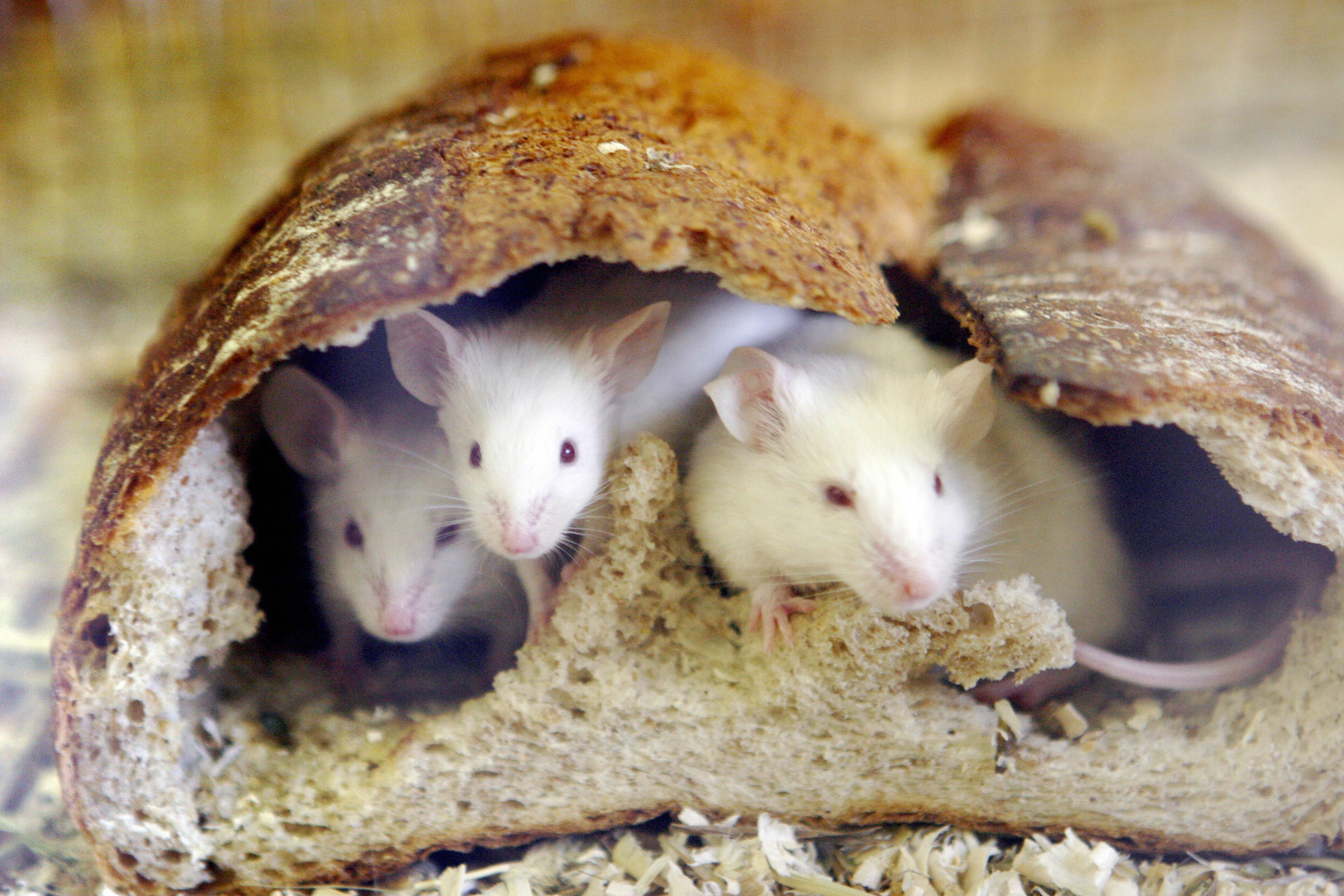The Independent's journalism is supported by our readers. When you purchase through links on our site, we may earn commission.
Scientists reverse ageing in elderly mice by rejuvenating their tissues
Metabolic molecules in blood of treated animals did not show normal age-related changes

Scientists have reversed signs of ageing in middle-aged and elderly mice by partially resetting the rodents’ tissues to more youthful states, an advance they say may lead to better anti-ageing methods without side effects like brittle bones, weaker muscles or cancer.
As organisms age, studies have found that every cell in their bodies carries a molecular clock that records the passage of time.
Previous research has found that the cells isolated from older people or animals have different patterns of chemicals along their DNA – called epigenetic markers – compared to those seen in younger people or animals.
Scientists have also previously reported that a mixture of four molecules – Oct4, Sox2, Klf4 and cMyc – known as “Yamanaka factors” – could reset epigenetic marks in cells to their original patterns, and using this approach researchers say adult cells can be dialled back into undifferentiated stem cells.
In the current study, published on Monday in the journal Nature Ageing, scientists tested variations of the cellular rejuvenation approach in healthy animals as they aged.
In one group of mice, researchers from the Salk Institute in the US, added doses of the Yamanaka factors from the time they were 15 months old until 22 months – approximately equivalent to age 50 through 70 in humans.
They treated another group from 12 through 22 months, approximately age 35 to 70 in humans, and a third group for just one month at age 25 months, similar to age 80 in humans.
When the researchers looked at normal signs of ageing in the animals that had undergone the treatment, they found that they resembled younger mice in many ways.
In both the kidneys and skin, they say the epigenetic markers of treated animals more closely resembled patterns seen in younger animals.
When injured, the skin cells of treated animals had a greater ability to proliferate and were less likely to form permanent scars while older animals usually show less skin cell proliferation and more scarring.
The metabolic molecules in the blood of treated animals also did not show normal age-related changes, the study noted.
“What we really wanted to establish was that using this approach for a longer time span is safe. Indeed, we did not see any negative effects on the health, behaviour or bodyweight of these animals,” Pradeep Reddy, a Salk staff scientist and co-first author of the new paper, said in a statement.
Researchers say there were no blood cell alterations or neurological changes in the mice that had received the Yamanaka factors compared to the mice in the control groups.
The team also did not find any cancers in any of the groups of animals.
Mice treated for seven or 10 months with the Yamanaka factors showed signs of youthfulness but treated for just one month did not, say scientists.
When the treated mice were analysed midway through their treatment, researchers say the effects were not yet as evident, indicating that the treatment is not simply pausing ageing, but actively turning it backwards, according to the researchers.
However, they say more research is needed to differentiate between the two.
Scientists are currently planning future research to analyse how specific genes and molecules are changed by long-term treatment with the Yamanaka factors, as well as new ways of delivering the molecules.
“Overall, our observations indicate that partial reprogramming protocols can be designed to be safe and effective in preventing age-related physiological changes. We further conclude that longer-term partial reprogramming regimens are more effective in delaying ageing phenotypes than short-term reprogramming,” scientists wrote in the study.
Join our commenting forum
Join thought-provoking conversations, follow other Independent readers and see their replies
Comments
Bookmark popover
Removed from bookmarks